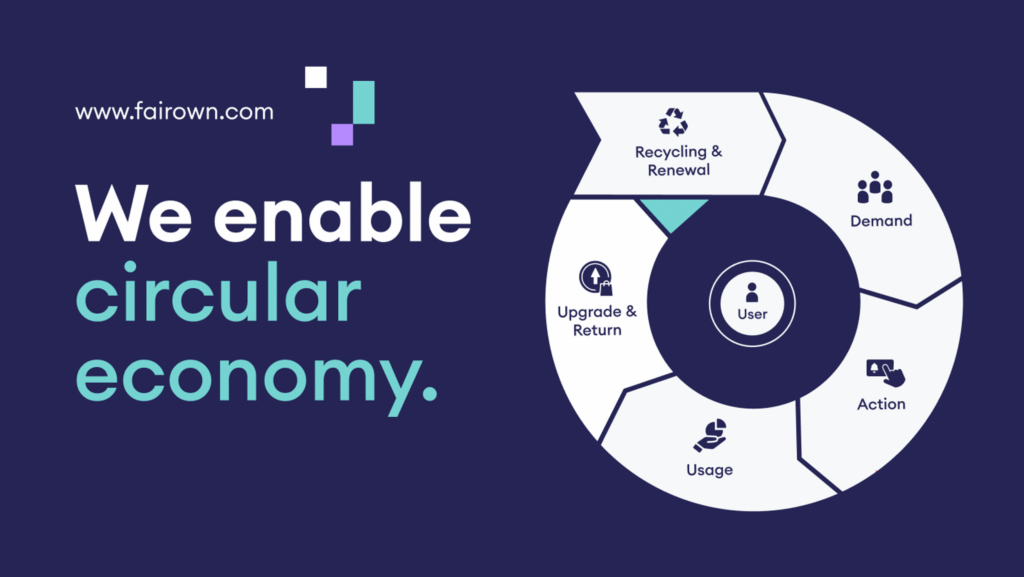
For hardware products brands wanting to shift from the linear to the circular economy model, gaining complete control of their products’ life cycles is a major aspect, but it is pretty challenging to attain. “It takes no less than a year for the average hardware product manufacturing company to set up a standard subscription model due to diverse industry complexities and dynamics. Fairown presents a 10x more efficient and faster solution. With our platform, companies can have a customised product subscription system launched within five weeks depending on the country involved,” adds Roosna.
How it works
From iPhones to PCs, down to furniture, every product with a proper value and potential for a second life has a specific checklist to evaluate its subscription value model. Fairown uses this to customise its subscription model for brands and retailers. At the front end, it is all so simple for the consumers. All they need to do is swipe for Fairown’s monthly payment method on the brand’s or retailer’s e-commerce platform and later give up the used product to Fairown.
When a customer checks out a Fairown partner’s product at the Point of Sale, Fairown initiates an unsecured loan contract with the local financial service provider. At the same time, the buyer is placed on a subscription-based payment plan. At the end of the subscription plan, the buyer can upgrade to a new model of the product while returning the used one to Fairown for upcycling or recycling. “If companies have only a small quantity of used products coming back, there’s not much they can do with that. But if these old and used products come back in more significant product model amounts, probably 100,000 units and above per year, the factory would know what to do with them,” Hendrik explains.
For instance, instead of buying new metal components and frames for new iPhones, they can use old ones or refurbish them. Fairown bridges the gap between the used products and their new destination or final destination in the life cycle. And at the end of the products’ primary life, the company steps in to retrieve them from the consumers and redistribute them to the manufacturers, if the returns are in large volume, or to resellers, if in smaller quantities.
A win-win solution
Unlike buy-now-pay-later services, which encourage zealous and unrestricted consumption that solely benefits brands, Fairown’s subscription model offers a better prospect. It improves conscious and controlled spending at the consumers’ end, encourages customer loyalty, helps the companies, and ensures ecological sustainability. The consumers get to buy products they might otherwise not have been able to afford and return them to Fairown after use, sustainably. By the end of their subscription plan, they would only have paid for the product value they used and not the total value. Of course, the consumers also get to buy/lease secondhand or refurbished devices at lower prices than new ones.
Since the subscription model allows the customers to replace their devices regularly without financial constraints, the brands will keep getting more customers while retaining the existing ones. And in the long run, production costs are also reduced because the manufacturers can recycle used products, which also improves their business efficiency. The ecosystem equally wins because less waste is being generated. It’s a win-win-win solution for all.
Read more about Fairown’s business model from the interview in e-Estonia blog.
//
Article source: e-estonia.com
Images: fairown.com



